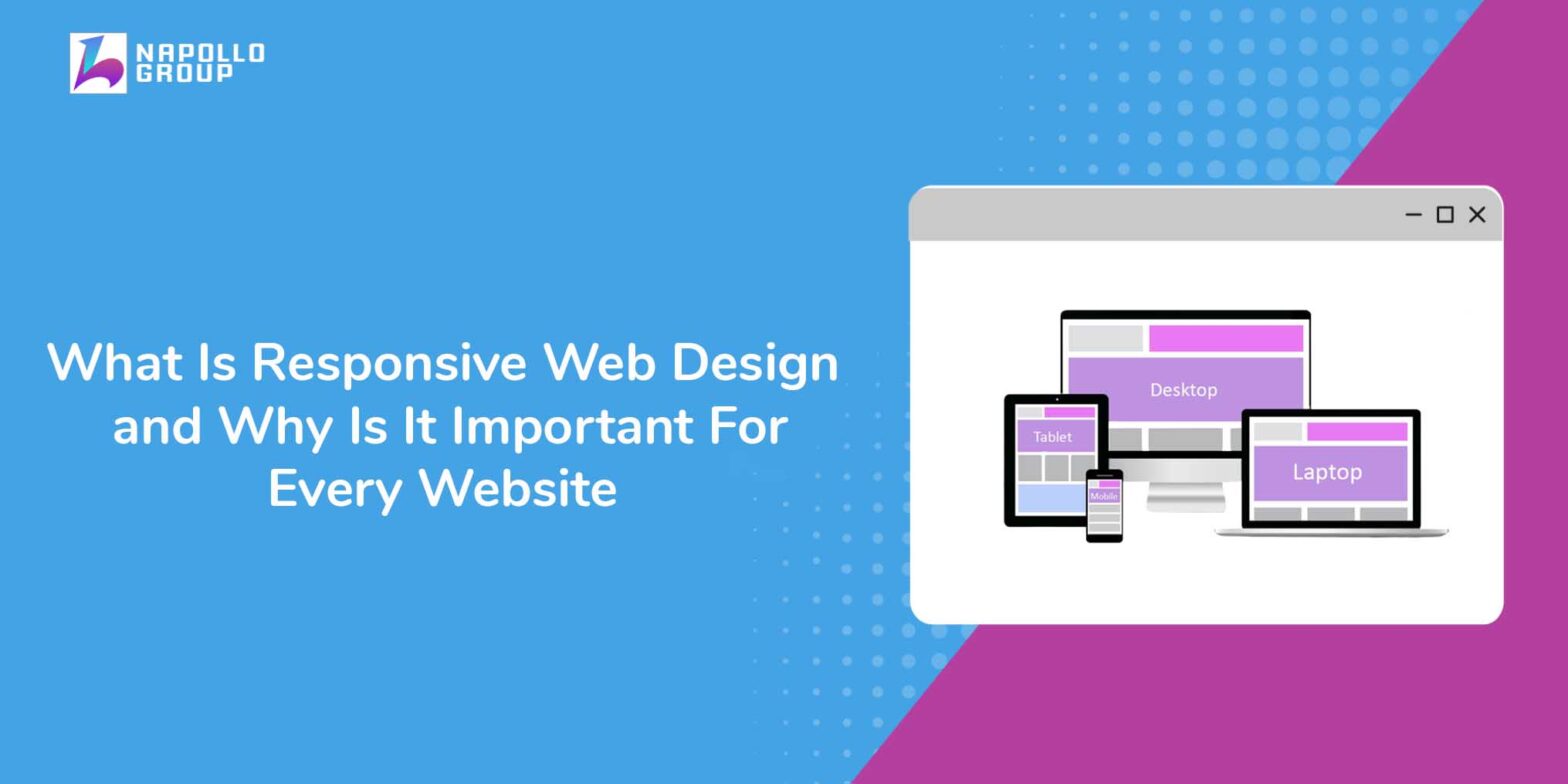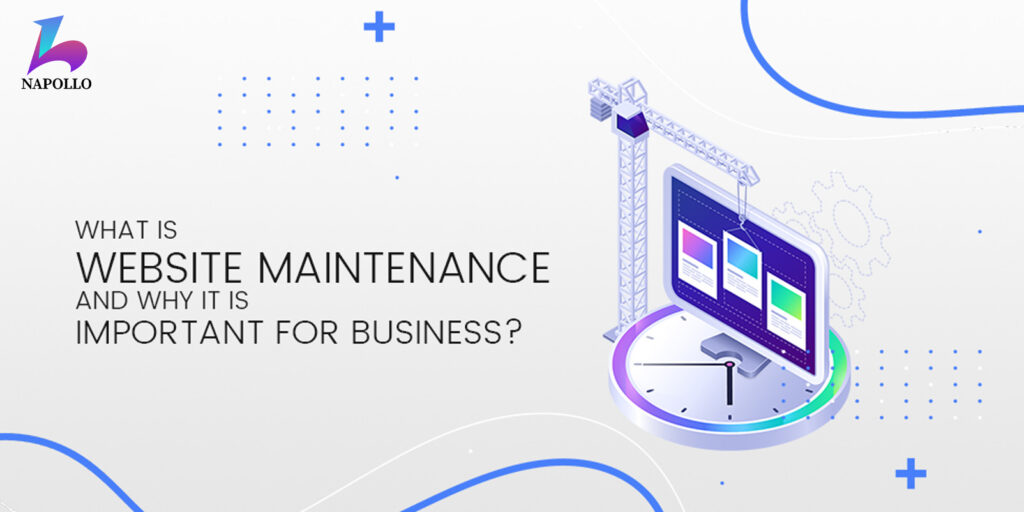Responsive web design has emerged as a fundamental concept for modern websites. In this article, we will delve into what responsive web design is and why it is so crucial in today’s online landscape.
Understanding Responsive Web Design
Responsive web design is an approach that aims to create websites that adapt and respond dynamically to the screen size, orientation, and platform of the user’s device. It allows web pages to be viewed on any screen, regardless of the device’s resolution or aspect ratio, while maintaining optimal functionality and aesthetics. Instead of building separate websites for different devices, responsive design enables developers to create a single site that automatically adjusts its layout and content to suit various screen sizes.
Importance of Responsive Web Design
1. Enhanced User Experience
User experience (UX) reigns supreme in the digital realm. A responsive website ensures that visitors can effortlessly navigate through your content, irrespective of the device they use. When users encounter a website that is not responsive, they may experience distorted layouts, tiny text, and the need to constantly zoom in and out, leading to frustration and an increased bounce rate. A positive UX leads to longer visits, higher engagement, and an increased likelihood of conversion.
2. Mobile Traffic Dominance
The proliferation of smartphones has resulted in a significant shift in internet usage. Mobile traffic has surpassed desktop traffic, making it essential for businesses and websites to cater to mobile users effectively. A responsive web design guarantees a seamless and enjoyable browsing experience, enabling businesses to tap into the massive mobile audience and stay competitive in the digital marketplace.
3. Improved SEO Performance
Search engines, like Google, prioritize user experience when determining search rankings. Responsive websites are favored by search engines because they provide a consistent experience across devices, reducing bounce rates and improving on-site engagement. Furthermore, responsive design eliminates the need for duplicate content on separate mobile sites, which can negatively impact SEO. By offering a unified experience, responsive websites tend to rank higher in search results, driving more organic traffic.
4. Cost and Time Efficiency
Maintaining separate desktop and mobile versions of a website can be costly and time-consuming. Responsive design streamlines the development process, as changes made to the main website automatically apply to all devices. This cost-effectiveness allows businesses to allocate resources to other crucial aspects of their online presence.
5. Future-Proofing Your Website
The landscape of internet-enabled devices is constantly evolving, with new devices and screen sizes introduced regularly. A responsive web design future-proofs your website, as it adapts effortlessly to emerging devices without requiring significant modifications. By embracing responsive design, you ensure that your website remains relevant and accessible to users, regardless of the devices they us
In conclusion, responsive web design is a pivotal aspect of modern website development. It prioritizes user experience, adapts to the ever-changing digital landscape, and positively impacts SEO and overall business performance. As the number of internet-enabled devices continues to grow, investing in responsive design is no longer an option but a necessity to succeed in the highly competitive online world. Embrace responsive web design, and your website will become a user-friendly, SEO-optimized, and future-ready online platform that sets you apart from the competition.









